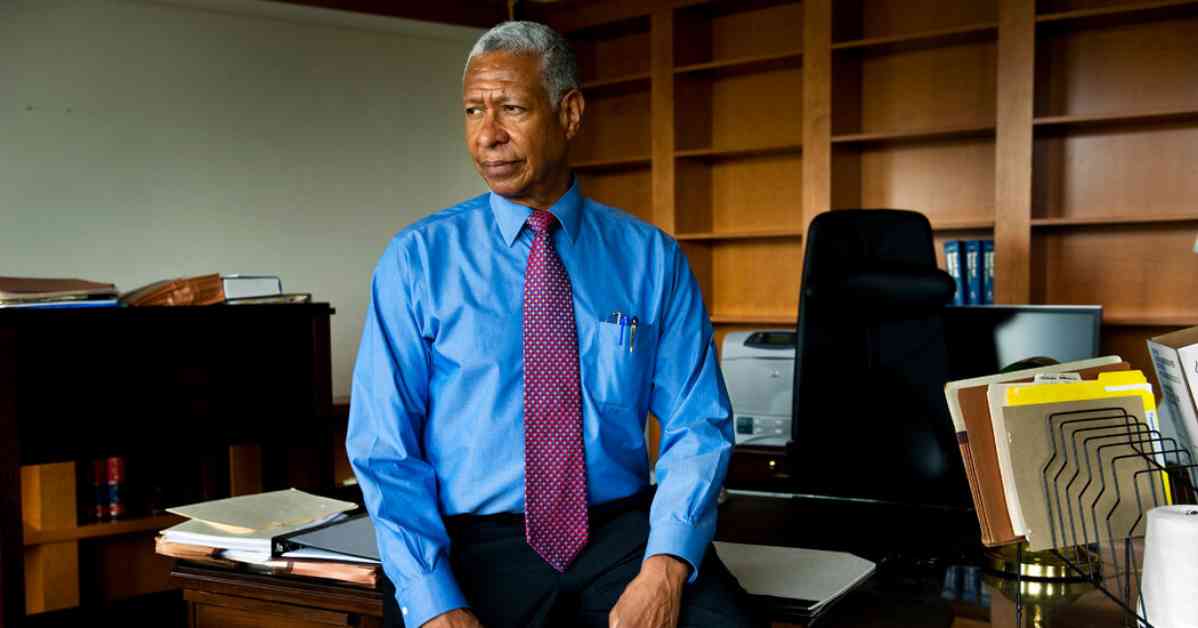Ricardo M. Urbina, a groundbreaking Latino judge and former track star, passed away at the age of 79 in Washington. He was known for his work in championing civil liberties and civil rights, making a significant impact both on the bench and on the track.
Before his distinguished career as a judge in Washington, Judge Urbina was a talented track athlete who became a symbol of the discrimination faced by Black athletes. His legacy extended beyond the sports arena as he went on to become the first Latino appointed to the Superior Court of the District of Columbia and the United States District Court in Washington.
Throughout his tenure as a judge, Judge Urbina was involved in high-profile cases that challenged the federal government’s anti-terrorism efforts, often putting him at odds with the administration of President George W. Bush. In 2007, he made a significant ruling by extending habeas corpus rights to Shawqi Ahmad Omar, a dual citizen of Jordan and the United States who was facing terrorism charges.
One of Judge Urbina’s most notable decisions came in 2008 when he ordered the release of several detainees held at the Guantánamo Bay detention camp, including 17 individuals from the Uyghur Muslim minority in China. Despite facing criticism and backlash, Judge Urbina stood firm in his commitment to upholding justice and protecting civil liberties.
In reflecting on his approach to the law, Judge Urbina shared that he aimed to remain aware of his own biases and prejudices while on the bench. This commitment to self-reflection and fairness guided his decisions and earned him a reputation for being an empathetic and principled judge.
Judge Ricardo M. Urbina’s passing marks the end of a remarkable life dedicated to serving justice and championing civil rights. His legacy as both a trailblazing Latino judge and a record-breaking track star will continue to inspire generations to come.


















